The Future of Healthcare is Human
By: Brandon Allgood, Principal Owner, Obsidian Scientific; Rafael Rosengarten, CEO, Genialis;
Charles Fisher, CEO, UnlearnAI; & Naheed Kurji, CEO, Cyclica
Amidst the tumult of the first quarter of 2023, marked by macroeconomic headwinds, banking crises, and a sluggish biotech economy, one topic with its hype and truths has captured the imagination of the masses more than any other: Artificial intelligence (AI). AI and its subset of machine learning (ML) technologies have exploded onto the scene thanks to the emergence of public-facing tools like ChatGPT and DALLE. Large-language models (e.g. GPT-4) and generative image models have been in the works for many years but have now reached sufficient maturity that their future ubiquity seems all but assured. These and other algorithmic advances, converging with advances in biomedical data generation and aggregation and driving regulatory frameworks for technology adoption, have set the stage for a wave of healthcare innovation. Herein we argue, perhaps counter to mass concerns, this innovation will help to make healthcare more human-centric.
One of the notable developments in the regulatory space happened in late December when the US president signed legislation that would allow the FDA to promote drugs and biologics to human clinical trials with or without animal testing, replacing the antiquated regulation from 1938, which required safety and efficacy testing in animals. This is a clear sign that legislators and regulators are recognizing and anticipating that there will be better ways to show efficacy and safety before initial human dosing. One of those ways certainly will be through the use of ML models trained on human data.
In addition to this groundbreaking legislation, recent and emerging advances in Machine Learning (ML) broadly will steer healthcare to be more human-centric through combining automation, ML, and human (and human-derived) data. We are seeing more and more human data and human-derived assay systems in combination with ML driving innovation in drug target identification (ID), translational research, biomarkers discovery, and clinical development.
